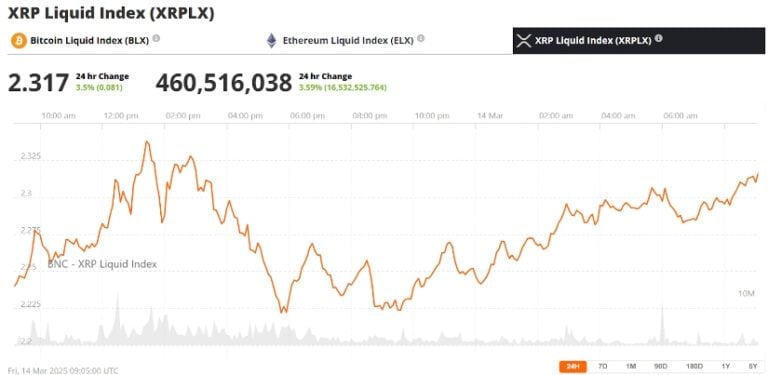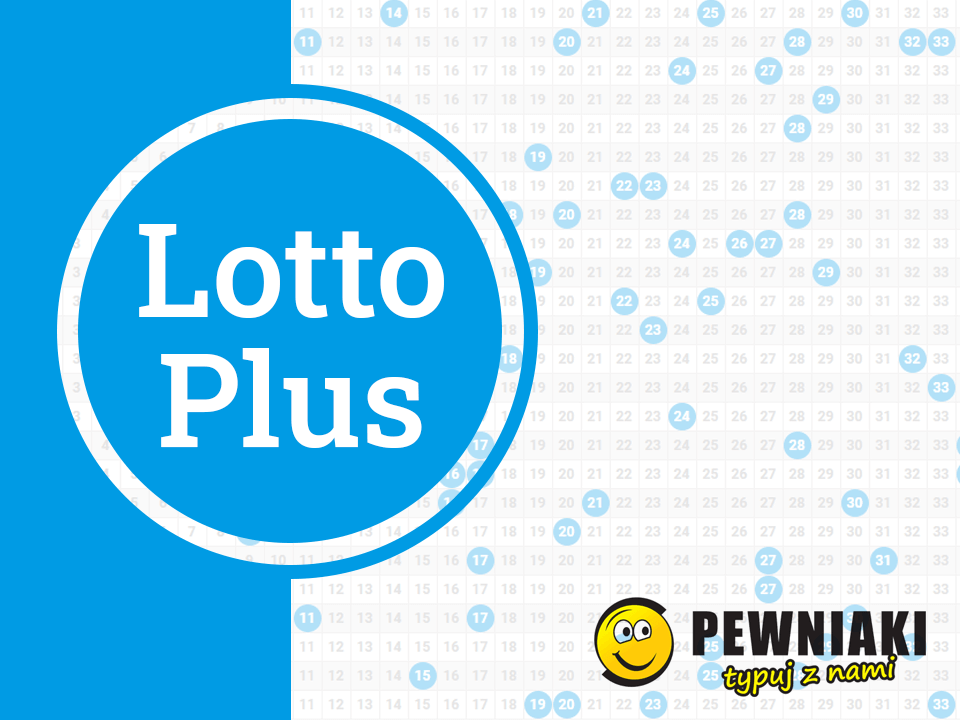Ripple Settlement Talks: Will The SEC Classify XRP As A Commodity?

Table of Contents
The SEC's Case Against Ripple
The SEC's lawsuit against Ripple alleges the unregistered sale of securities, claiming that Ripple violated federal securities laws by offering and selling XRP without proper registration. The core of the SEC's argument rests on the assertion that XRP functioned as an unregistered investment contract, satisfying the criteria of the Howey Test.
- Unregistered securities offering claim: The SEC argues that Ripple's distribution and sales of XRP constituted an unregistered securities offering, depriving investors of crucial protections.
- Violation of federal securities laws: The SEC alleges violations of Section 5 of the Securities Act of 1933, which requires registration of securities offerings.
- Focus on XRP's distribution and sales: The SEC's case emphasizes the methods by which XRP was distributed, focusing on sales to institutional investors and the perceived expectation of profit based on Ripple's efforts.
- Impact on Ripple's operations and XRP price: The SEC lawsuit has significantly impacted Ripple's operations and caused considerable volatility in XRP's price, creating uncertainty for investors.
The SEC's legal basis draws heavily on established case law regarding investment contracts, aiming to demonstrate that XRP meets the criteria of an investment contract under the Howey Test. This involves analyzing whether investors invested money in a common enterprise with a reasonable expectation of profits derived from the efforts of others – namely, Ripple. The strength of their arguments will be crucial in determining the outcome of the settlement talks.
Ripple's Defense and Arguments
Ripple vehemently contests the SEC's claims, arguing that XRP is not a security but rather a decentralized digital asset with utility functions within its payment network. Their defense strategy hinges on differentiating XRP from traditional securities like stocks.
- XRP's functionality as a decentralized digital asset: Ripple highlights XRP's role as a cryptocurrency used for facilitating cross-border payments, emphasizing its utility and decentralized nature.
- Argument for XRP as a utility token or commodity: Ripple contends that XRP functions more akin to a utility token or commodity, similar to gold or other cryptocurrencies like Bitcoin, lacking the central control and profit-driven characteristics of a security.
- Emphasis on decentralized nature and lack of centralized control: A key aspect of Ripple's defense is emphasizing that XRP's distribution and operation are significantly decentralized, unlike securities with centralized management and control.
- Focus on the differences between XRP and securities like stocks: Ripple's legal strategy points out the critical differences between XRP and traditional securities, arguing that investors in XRP don't have the same rights or expectations as shareholders in a company.
Ripple's legal team has presented evidence showcasing XRP's technological functionality and its decentralized nature. Their success in convincing the SEC (or a judge, should the case proceed to trial) hinges on demonstrating that the Howey Test does not apply to XRP.
Potential Outcomes of the Settlement Talks
The Ripple-SEC settlement talks could result in several different scenarios, each with significant implications for XRP holders, Ripple, and the broader cryptocurrency industry.
- SEC classifying XRP as a commodity – implications: This outcome would likely lead to significantly less regulatory scrutiny for XRP and could boost its price and adoption. It would also provide greater regulatory clarity for the cryptocurrency market as a whole.
- SEC classifying XRP as a security – implications: This outcome would have significant implications, potentially including substantial fines for Ripple and potentially impacting the trading of XRP on US exchanges. It would also reinforce the SEC's aggressive stance on regulating cryptocurrencies.
- Partial settlement with specific conditions: A partial settlement might involve Ripple agreeing to certain conditions, such as increased transparency or limitations on XRP sales, in exchange for the SEC dropping some charges.
- Continued litigation and potential appeal: If settlement talks fail, the case could proceed to trial, with the potential for appeals to higher courts, leading to protracted uncertainty and legal costs for both parties.
The Commodity Futures Trading Commission (CFTC) and its Role
The Commodity Futures Trading Commission (CFTC) also plays a role in this complex regulatory landscape. Its regulatory authority over commodities could influence the outcome.
- CFTC's regulatory authority over commodities: If the SEC were to classify XRP as a commodity, the CFTC could potentially take on a regulatory role, overseeing futures contracts and other derivatives linked to XRP.
- Potential for a dual regulatory framework for XRP: Depending on the SEC’s decision and the CFTC’s stance, a dual regulatory framework could emerge for XRP, combining elements of both securities and commodities regulation.
- The CFTC's stance on digital assets and cryptocurrencies: The CFTC has shown a relatively more open stance towards digital assets compared to the SEC, potentially leading to a more lenient regulatory environment for XRP if classified as a commodity.
The CFTC's involvement could significantly impact the final decision and the overall regulatory clarity surrounding XRP and the cryptocurrency market.
Conclusion
The Ripple-SEC case represents a pivotal moment for the cryptocurrency industry. The central debate revolves around whether XRP meets the definition of a security under the Howey Test. The potential outcomes of the settlement talks are wide-ranging, from a complete exoneration for Ripple and the classification of XRP as a commodity, to a damaging defeat with potentially severe financial and reputational repercussions. Regulatory clarity is crucial for the future of the cryptocurrency market, and a clear definition of digital assets is essential to fostering innovation and investor confidence.
Call to Action: Stay informed about the Ripple settlement talks and the SEC's decision regarding XRP's classification. Understanding the potential outcomes is crucial for navigating the evolving landscape of cryptocurrency investment. Follow [link to relevant resource] for the latest updates on Ripple settlement talks and XRP classification.

Featured Posts
-
 Analyzing Ripples Xrp Explosive Growth A Path To Financial Freedom
May 02, 2025
Analyzing Ripples Xrp Explosive Growth A Path To Financial Freedom
May 02, 2025 -
 Official Lotto Lotto Plus 1 And Lotto Plus 2 Results
May 02, 2025
Official Lotto Lotto Plus 1 And Lotto Plus 2 Results
May 02, 2025 -
 Graeme Souness Declan Rice Needs Final Third Improvement To Reach World Class Status
May 02, 2025
Graeme Souness Declan Rice Needs Final Third Improvement To Reach World Class Status
May 02, 2025 -
 This Country An In Depth Look At Its Regions
May 02, 2025
This Country An In Depth Look At Its Regions
May 02, 2025 -
 Play Station Showcase Ps 5 Fans 2 Year Wait Reportedly Ends Soon
May 02, 2025
Play Station Showcase Ps 5 Fans 2 Year Wait Reportedly Ends Soon
May 02, 2025
